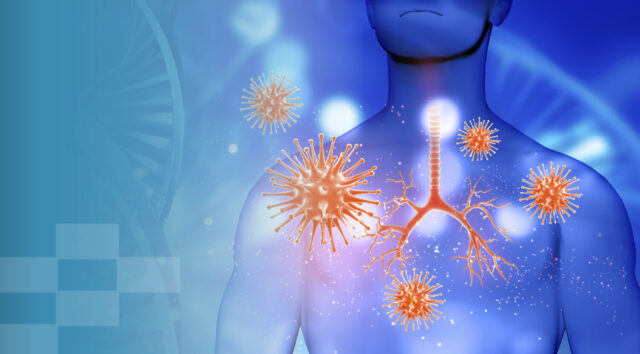
Have you ever heard about peptides? Or even better, have you heard about peptide hormones? Their popularity has slowly started to grow, while the benefits they have on our bodies, hair, skin and our health in general, are becoming more and more obvious. That being said, many surveys have showed that many different peptides have different purposes and effects on our bodies, which is why it is necessary to do a bit of research before you decide to get some of the for yourself.
What are the peptide types and where can they be found? Generally speaking, they can be categorized in several groups, according to the length of their amino chains. Having that in mind, it could be said that there are peptides that only have one amino acid, while there can also be peptides with two, five or even 60 amino acids! However, peptides can be found both in our food and nature, and in human bodies as well. Still, these two types of peptides shouldn’t be mixed. Food such as eggs, soy, meat or hemp seeds are rich in this amino. They are famous for being smaller than proteins, and widely used in supplements for humans.
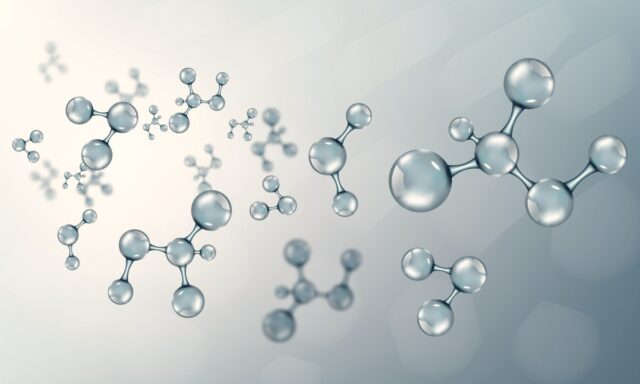
On the other hand, some of the most widely known peptide hormones when it comes to our, human body, are hormones such as amyloid, gastrin or angiotensin. What is their role in our bodies? Other than making our skin beautiful and our hair and nails strong, their role in our body is more than essential, when it comes to many crucial bodily functions.
They help fight bacteria, viruses and fungi, they help us grow, regulate our mood and mental state, they also help our metabolism work normally, etc. It could be said that they are one of the most important factors in our body. Some of the peptides that you’ve probably heard about are most certainly – collagen peptides. But when speaking about some serious conditions and diseases, as well as the medications for treating them, we cannot help but mention Thymosin Alpha 1.
What is this hormone and what are the benefits it brings to our body and overall health?
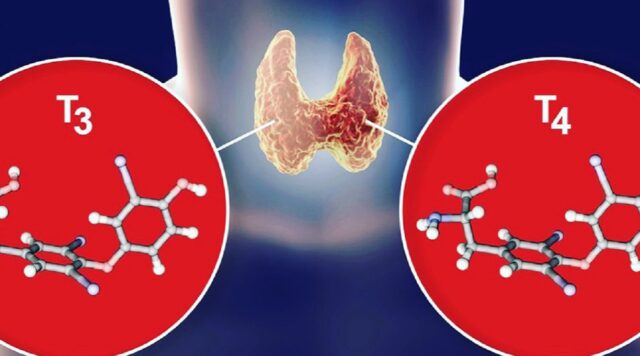
T-1, also known as thymosin Alpha 1, is a polypeptide hormone generated by thymic epithelial cells that have the ability to significantly boost T-cell numbers while also supporting T-cell maturation. T-cells are a kind of immune cell that focuses on specific foreign particles and is responsible for immunity to foreign substances. They are a component of the immune system.
Thymosin is a hormone that is produced by the thymus gland, an organ that is essential in both the immune system and the endocrine system. Thymosin is a hormone that is secreted by the thymus gland. Thymosin also helps in the development of antibodies by promoting the expansion of B cells into plasma cells.
This hormone is normally present in our bodies, however, if certain diseases and conditions occur, this hormone can be taken as a supplement, as a part of the treatment that also includes different medications and procedures. In order to be able to understand this topic, let’s dig into the detailed explanation:
Introduction
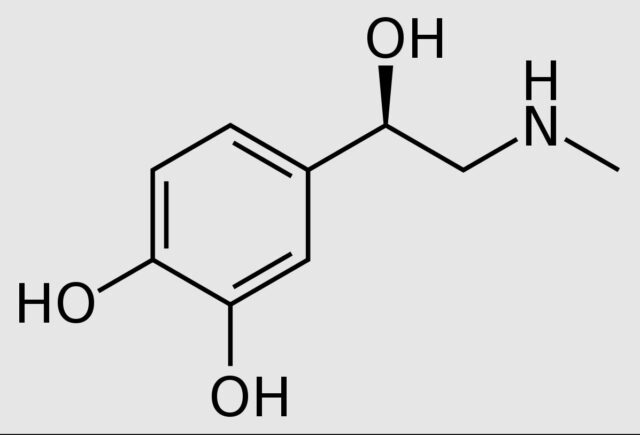
Formula: C129H215N33O55
Structure: Ac-Ser-Asp-Ala-Ala-Val-Asp-Thr-Ser-Ser-Glu-Ile-Thr-Thr-Lys-Asp-Leu-Lys-Glu-Lys-Lys-Glu-Val-Val-GluGlu-Ala-Glu-Asn-OH
Usage
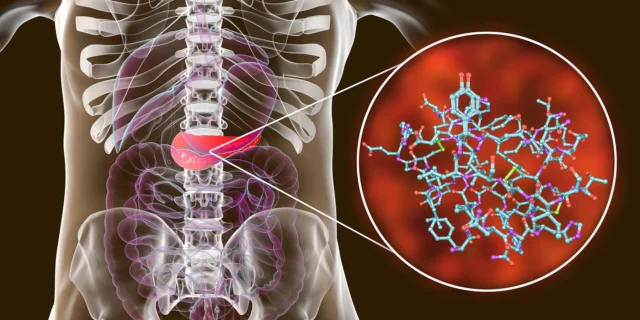
How does this hormone work, when taken orally? It has been scientifically proven that Thymosin Alpha-1 stimulates the activity of different immune system cells, and it may be beneficial in conditions when immune responses are inefficient or weakened and may need additional support, which are some of the most difficult conditions, where traditional medications haven’t been shown as efficient enough – or need more than just the need of prescribed medications.
That being said, chronic and acute bacterial and viral infections, vaccine non-responsiveness, Hepatitis B and C, Cystic fibrosis, DiGeorge’s syndrome, some cancers and chemotherapy adjuncts, chronic inflammatory conditions, HIV/AIDS, and other conditions that necessitate immune response modulation are among the conditions that may benefit from the use of T1.
The findings of research studies indicate that therapy with Thymosin Alpha-1 may significantly reduce mortality and acute lung damage in patients with critical type COVID-19, which is also an information that is extremely valuable and useful in the middle of the pandemic, and as a part of the post COVID-19 treatment and recovery.
The underlying mechanism of action

Thymosin Alpha-1 inhibits viral replication, promotes the regeneration of stem cells, and aids in the creation of new immune cells in the body. Once T1 helps in the activation of the immune system, it then aids in the killing of bacteria, fungal, viral, and tumor cells that have invaded the body.
Certain T-cells are important for identifying and eliminating malignant or diseased cells inside our own bodies that are afflicted with bacteria or viruses. Helper cells collaborate with other immune system cells to ensure that proper immune responses are elicited.
According to biotechpeptides.com, Thymosin Alpha-1 has a pleiotropic mode of action, meaning that it affects a variety of immune cell types that are involved in the suppression of the immune system. As a result of its action on Toll-like receptors (a protein family that plays an important role in the innate immune system), T1 is expressed in both myeloid and plasmacytoid dendritic cells, where it commands the stimulation and activation of signaling pathways, as well as the production of immune-associated cytokines.
Symptoms and Consequences
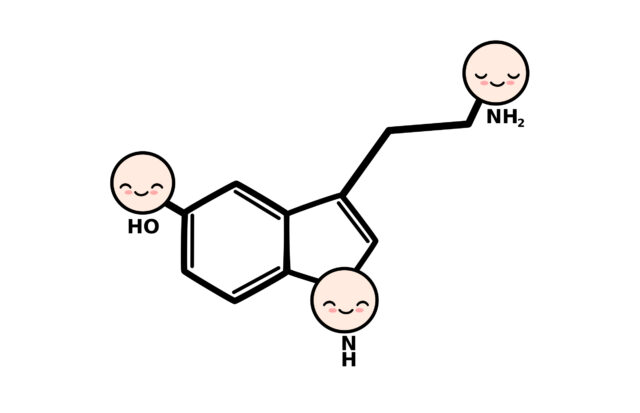
Despite the fact that Thymosin Alpha-1 is typically well-tolerated and has no side effects when used in the recommended dosage, there are a few that can occur in rare cases, including erythema and distress at the site of injection, muscular atrophy, multiple joint muscle aches, and swelling and rash on the palms of the hands. If you have a license, you can purchase thymosin alpha-1 online and further investigate this topic.
Benefits
- Improvement of the activity of specific T-cells and dendritic cells in humans
- Eradication of damaged cells is necessary in order to prevent the proliferation of harmful cells.
- Protection against the spread of infections (including viruses and illnesses) and diseases (including viruses and infections) in the body Exhibits antibacterial and antifungal characteristics.
- Suppression of tumor development Improvement in the efficacy of vaccination
- Protection against the effects of oxidative stress
- The enhancement of the immune system, resulting in the prevention of disease.









